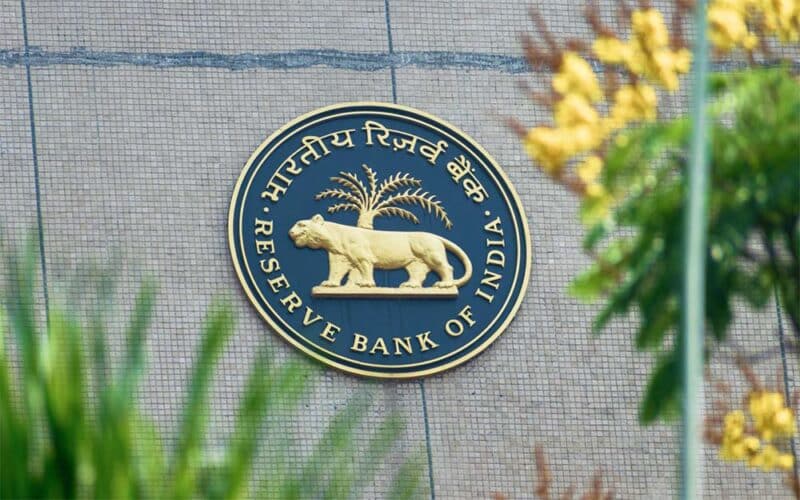RBI’s Insights on Asset Tokenisation and Cryptocurrencies

The Reserve Bank of India (RBI) recently published its Financial Stability Report for 2024 on December 30. This report sheds light on the emerging trend of asset tokenisation on blockchains. While the RBI recognizes that this practice is still developing, it anticipates a significant acceleration in asset tokenisation by 2025. This expectation is based on the likelihood of more countries implementing regulations surrounding cryptocurrencies and blockchain technologies. The report also provides the RBI’s perspective on the current state of cryptocurrencies in India.
Understanding Asset Tokenisation
Asset tokenisation is a financial innovation that is gaining traction in India and globally. The RBI describes it as the process of converting physical assets into digital tokens on a blockchain. These tokens represent fractional ownership of the underlying asset, such as bank deposits, shares, or government securities. This innovation has sparked interest among investors, as it offers a new way to engage with financial assets.
One of the key benefits of asset tokenisation is its potential to enhance liquidity. For instance, property owners can sell fractions of their assets without losing the overall utility value of their holdings. This means that individuals can access funds tied up in physical assets more easily. The RBI’s report highlights that tokenisation could deepen the connection between traditional finance and decentralized finance (DeFi), including the broader crypto-assets ecosystem.
Despite its potential, the RBI has raised concerns about the vulnerabilities that asset tokenisation could introduce to existing financial systems. The report warns that Distributed Ledger Technology (DLT)-based tokenisation may expose financial stability to risks such as liquidity issues, maturity mismatches, and operational fragilities. While these concerns are currently limited due to the nascent stage of asset tokenisation, they warrant careful consideration as the practice evolves.
RBI’s Stance on Cryptocurrencies
The RBI’s concerns regarding cryptocurrencies remain steadfast. Throughout the year, the bank has closely monitored the volatile price fluctuations of crypto assets. In its report, the RBI references a synthesis paper from the International Monetary Fund (IMF) and the Financial Stability Board (FSB), which outlines the potential risks associated with the widespread adoption of cryptocurrencies.
According to the RBI, the integration of crypto assets into financial systems could undermine the effectiveness of monetary policy. It may also exacerbate fiscal risks and circumvent capital flow management measures. Furthermore, the bank warns that the diversion of resources from the real economy could threaten global financial stability. These concerns highlight the need for a cautious approach to the integration of cryptocurrencies into the financial landscape.
Despite these risks, the RBI acknowledges the ongoing growth of the crypto sector. There is a noticeable trend of traditional financial systems experimenting with and engaging with crypto assets. This indicates a complex relationship between innovation and regulation in the financial sector, as stakeholders navigate the challenges posed by cryptocurrencies.
Future of Regulations and Global Trends
As the landscape of asset tokenisation and cryptocurrencies evolves, the regulatory environment remains uncertain. Currently, the Indian government has not established a definitive timeline for implementing comprehensive regulations governing the crypto sector. This lack of clarity poses challenges for investors and financial institutions alike.
In contrast, the United States is expected to see several pro-crypto regulatory changes in 2025, particularly under the leadership of President-elect Donald Trump. This divergence in regulatory approaches between India and the U.S. could impact the global crypto market and influence how other countries formulate their regulations.
As the RBI continues to monitor developments in asset tokenisation and cryptocurrencies, it emphasizes the importance of balancing innovation with financial stability. The central bank’s insights will play a crucial role in shaping the future of India’s financial landscape as it navigates the complexities of digital assets and blockchain technology.
Observer Voice is the one stop site for National, International news, Sports, Editor’s Choice, Art/culture contents, Quotes and much more. We also cover historical contents. Historical contents includes World History, Indian History, and what happened today. The website also covers Entertainment across the India and World.

